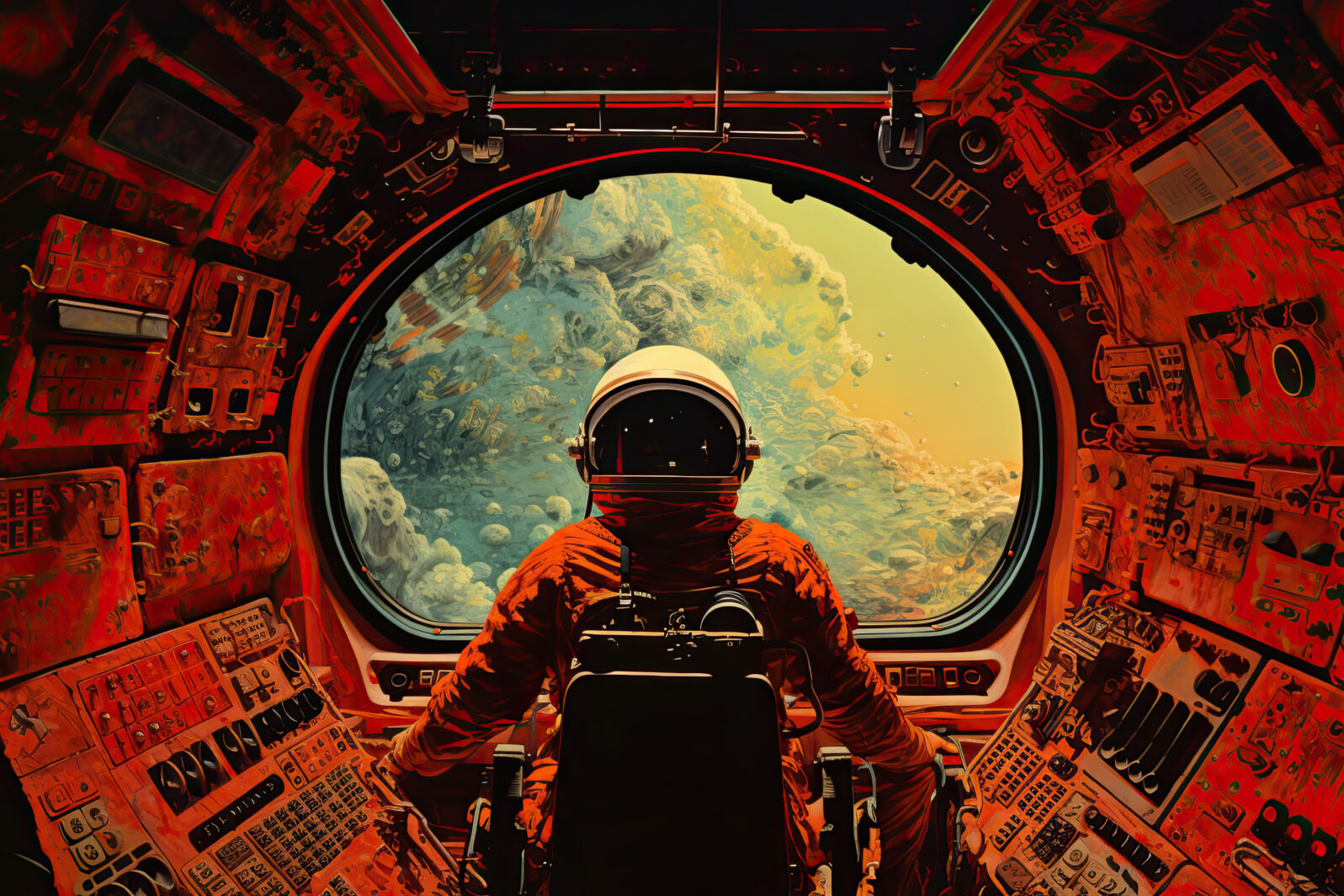Learning to Build and Create Offline as Well as On
Is the internet the only place to build and expand culture?I’m currently reading a wonderful novel by John Ehle called The Land Breakers. Ehle wrote historical fiction about Appalachia and passed away in 2018; Harper Lee, author of To Kill a Mockingbird, called him America’s “foremost writer of historical fiction.” I get why.
The Land Breakers is the story of early American settlers making their way into the Appalachian Mountains on the verge of the 19th century, most of them from the state of Virginia, and their struggle to survive. It’s set just a decade after the American Revolution, and the desire to behold and settle the vast unknown burned in many a soul.
I haven’t finished the book yet, but it’s immersive, beautifully written, and has given me one simple reminder so far: it’s really hard to build things and survive.
It’s easy to take survival for granted, but the early settlers couldn’t. They had to toil day in and day out just to build a simple cabin that could withstand the winter cold and keep the rain out. They had to tend fastidiously to their limited livestock. They had to fight bears.
In short, they had to build a life and legacy basically from the dirt. They couldn’t hop on Zillow or swipe through an app to get a new Jeep. No, they had to grit their teeth and grind through the mud, snow, and brush just to carve out a basic existence.
It was a hard life sustained by hard work and a burning vision of living life on the edges of a dangerous and beautiful frontier. They had nothing to receive from prior generations. They had to forge a world to pass onto their children.
However, even though this kind of life sounds like the last thing anyone today would want to opt for, I wonder if the book offers a clue as to why so many modern westerners, young people in particular, seem to lack a sense of purpose. Is it because we no longer build things on the edge of the known world? Is is because we’ve received the world they built but don’t know what to do with it?
This is mostly a metaphor, but the implications are practical. How many twenty-year-olds can fashion a chair to sit on, or build a fire to stay warm, of make a bow and arrow to kill a hog with? Not many, probably, because either we don’t need to or because those things have already been built for us.
Housing editions go up in a couple of months, furniture is mass manufactured, cars get newly modeled every year, our food and coffee and water arrive without effort, and all most of us have to do is press the gas pedal or click around a bit to get what we want. Not everyone has this privilege, obviously, and it makes one loads more grateful for the construction worker who actually understands how things are put together. And of course, there are those in tech, manufacturing, construction, etc, who are still on the cutting edges of innovation and progress, but the majority of us no longer have to build things or hunt wild game to survive. Most of us are the beneficiaries of preexisting infrastructure and technology. We receive and consume instead of give and create.
Could this be part of what’s behind the new industry of “content creation”? Content creators, social media influencers, and online personalities and personal brands have formed a new ecosystem, curated entirely for online audiences. We’ve built whole worlds online, perhaps because it’s the final frontier, an infinite page of possibility where anyone can have a say, where anyone can make a post, where anyone can uplift themselves into a particular brand. Except, what’s often built on these online platforms is not a product but an identity. The self is what’s created and sold. This isn’t about physical survival, but social survival — a strategy to compete against a cybernetic universe of other avatars.
The question, I guess, is if this is enough. Is building an online world of videos, photos, and “content” an adequate parallel to the American settler felling pines and fending off wolves in the night for survival?
Maybe we have a restless impulse to build and innovate, but at certain points in a society’s arc, we find ourselves beneficiaries of an amazing civilizational structure but then lack the motivation to continue the hard work of expanding it and maintaining it. It’s really amazing just to think about the complexity of putting in an electric system in a house that works.
When we don’t need to build in order to survive, perhaps we’ll build for other reasons: to communicate with others, create lasting works of art, and to make life easier and more comfortable. The benefits of modern technology, from air travel to the air conditioner, are ample. But the comfort such technology provides isn’t a substitute for purpose. And I’m not sure content creation on the internet is enough on its own either. I put myself in the category of online “creators” because I’m a writer working primarily on online spaces, like Substack, but I also know how easy it is to start to feel disembodied, and to need concrete things to do with my hands just to remind myself of the goodness of the physical world.
How can we build beauty instead of glass blocks? Cathedrals instead of consumer malls? And how can we avoid simply rebuilding a modern rendition of Babel that seeks to mirror our own hubris and will to power?
We need a new vision. We need to become craftsmen and cultivators again. We need, dare I say, to go outside again.
Cross-posted at Battle the Bard.
